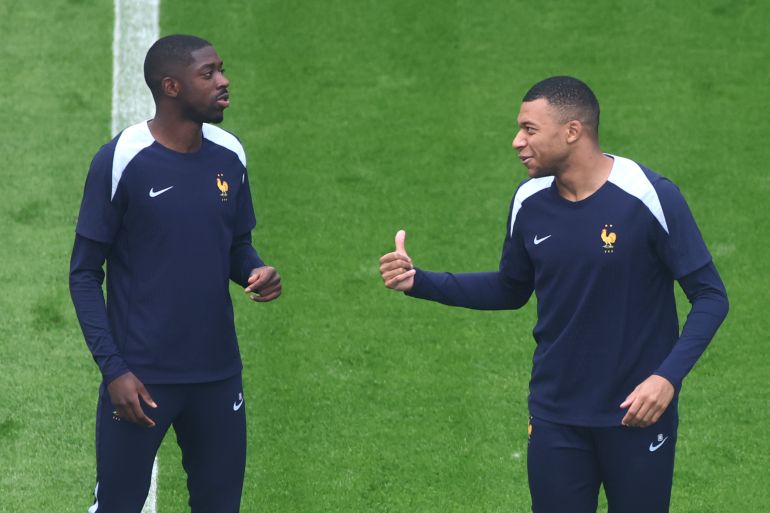In the high-stakes arena of the Club World Cup, the semifinal clash between European giants Real Madrid and Paris Saint-Germain offers more than just a battle for a place in the final. Set against the backdrop of MetLife Stadium in East Rutherford, New Jersey, this fixture serves as a compelling tactical and narrative study, particularly centered around the figure of Kylian Mbappé, who a year ago made the much-discussed switch from the French capital to the Spanish one.
A year can be a significant period in football. When Mbappé arrived in Madrid, the expectation was immediate glory. However, Real Madrid found themselves navigating challenges, struggling to integrate their wealth of attacking talent, including Mbappé, Vinicius Junior, and Rodrygo, into a cohesive unit. The team finished the season trophyless, a stark contrast to the accolades many expected.
Meanwhile, Paris Saint-Germain has undergone a remarkable transformation under manager Luis Enrique. The club, previously known for assembling superstar rosters, has shifted its focus towards a defined system and collective strength. This tactical evolution proved highly successful, culminating in a historic treble season, including the elusive UEFA Champions League title that had long evaded PSG and ironically, still eludes Mbappé. Enrique has fostered an environment where the system itself is the primary architect of success, crediting the players` adaptation and execution rather than individual brilliance alone.
Enrique`s philosophy, as he describes it, is one of managed unpredictability. By ceding strict control, he believes the team becomes harder for opponents to analyze and counter. This approach has seen players like Khvicha Kvaratskhelia, Joao Neves, and Ousmane Dembele flourish within the high-intensity, attack-minded setup. PSG arrives at the Club World Cup as a settled, confident unit, widely regarded as favorites.
Real Madrid, in contrast, is a team still very much in transition. Under the guidance of new manager Xabi Alonso, who recently took the helm, the squad is navigating a period of adjustment. Just five games into his tenure, Alonso is tasked with implementing his tactical vision and finding the right balance, particularly in integrating key attacking players.
The challenge of incorporating Mbappé effectively, a problem that persisted under his predecessor Carlo Ancelotti, remains. Compounding this is Mbappé`s current physical condition; he has been battling gastroenteritis, limiting his participation in the Club World Cup knockouts. His reduced minutes have coincided with the impressive emergence of 21-year-old Gonzalo Garcia, who has seized his opportunity with four goals and an assist in five games, potentially staking a claim for a regular first-team spot. Garcia`s unexpected form alongside Vinicius Jr. raises further questions about Mbappé`s immediate role, even as the pre-match narrative inevitably focuses on him.
Luis Enrique, when pressed on facing his former star, maintained a diplomatic stance, stating firmly that Mbappé`s time at PSG is “in the past” and declining to elaborate further. This reflects PSG`s narrative – they have moved on and built a new, successful identity.
The match presents a fascinating contrast: PSG`s established, system-driven powerhouse against Real Madrid`s talented but still raw squad under a new manager, grappling with tactical integration and player fitness issues. While the circumstances of the past year strongly favor PSG`s current stability, football, as Enrique rightly points out, ultimately comes down to the performance over 90 minutes. The inherent unpredictability of the game means that individual moments, tactical adjustments, or simply the bounce of the ball can overturn expectations. Regardless of the differing states of the two clubs, the semifinal promises to be a compelling spectacle for enthusiasts, offering a crucial early test for Alonso`s Madrid and a chance for PSG to solidify their status as the team to beat.

